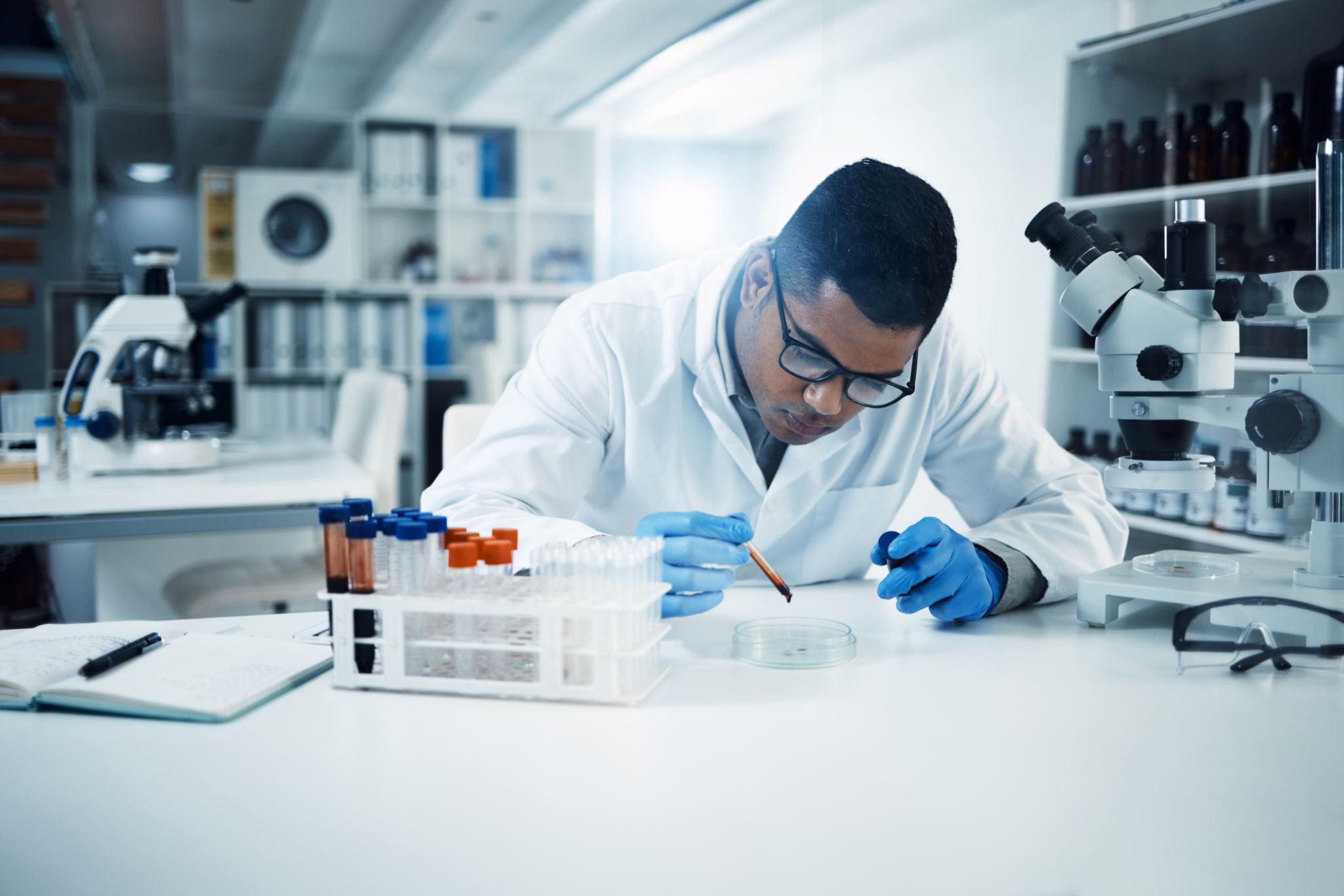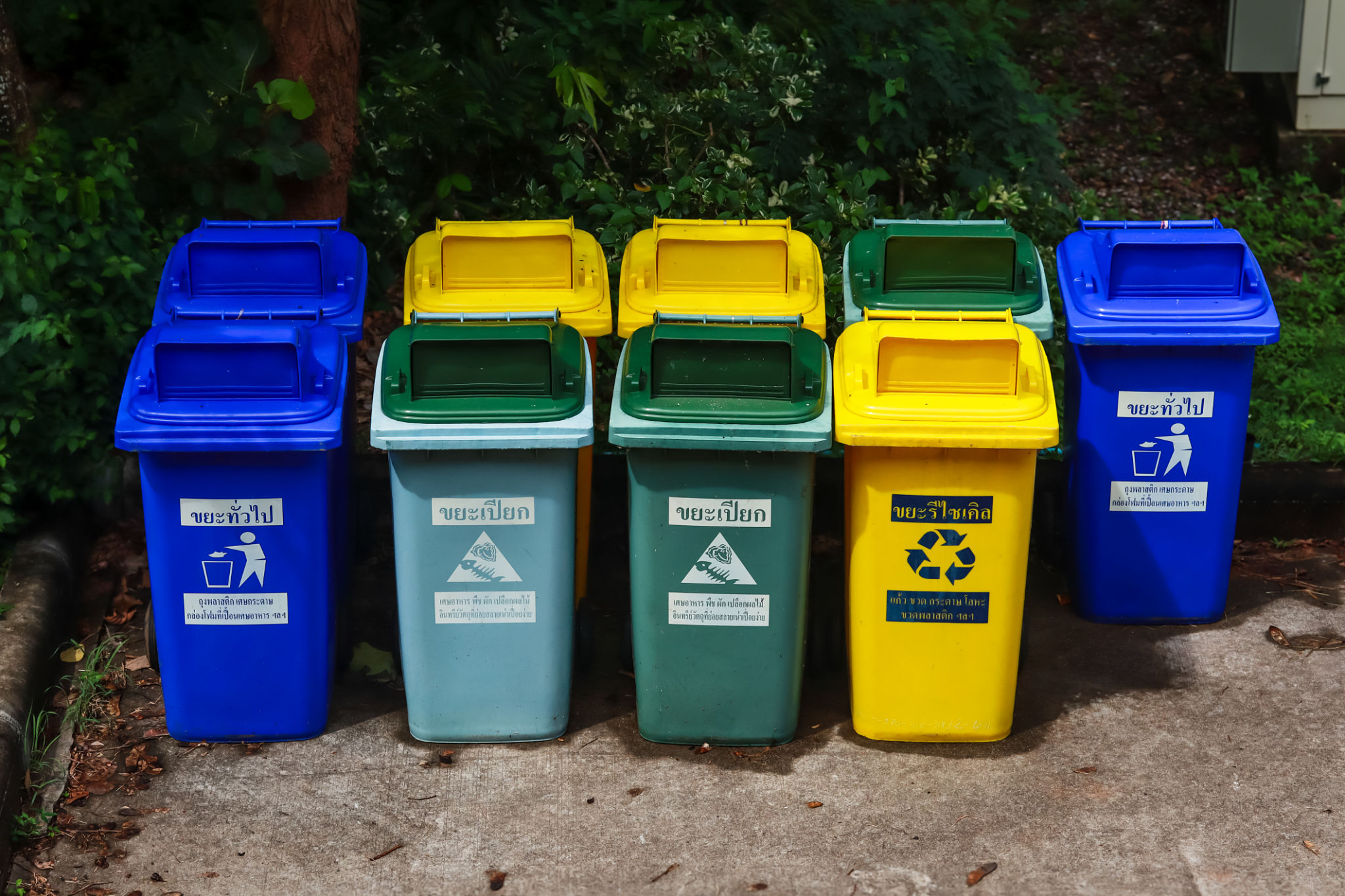Expert Insights: Mitigation Strategies for Environmental Impact in Science
Understanding Environmental Impact in Scientific Research
Scientific research is pivotal in advancing our understanding of the world, but it also comes with its environmental costs. Laboratories and research facilities often consume large amounts of energy and resources. To ensure that science contributes positively to society, it's critical to implement effective mitigation strategies that minimize environmental impact. In this blog post, we will explore expert insights into how the scientific community can achieve more sustainable practices.

The Importance of Energy Efficiency
Energy consumption is a significant environmental concern in scientific research. Laboratories are notorious for their high energy use due to the need for specialized equipment and controlled environments. Implementing energy-efficient practices is essential. Experts recommend several strategies to reduce energy usage:
- Utilizing energy-efficient appliances and equipment.
- Implementing smart energy management systems that monitor and optimize energy use.
- Encouraging behavioral changes among staff, such as turning off equipment when not in use.
By focusing on energy efficiency, laboratories can significantly reduce their carbon footprint while maintaining the integrity of their research.
Waste Reduction and Management
Another critical aspect of mitigating environmental impact is addressing waste production. Scientific research can generate a considerable amount of waste, including hazardous materials. Effective waste management strategies are essential to minimize this impact:
- Implementing recycling programs tailored to laboratory waste.
- Reducing single-use plastics by opting for reusable alternatives.
- Properly disposing of hazardous waste through certified disposal companies.
By adopting these practices, research facilities can significantly reduce the amount of waste they produce, leading to a more sustainable operation.

Sustainable Resource Use
The sustainable use of resources is another area where scientific institutions can make a significant impact. This involves not only reducing the consumption of resources but also ensuring that the resources used are sourced responsibly. Experts suggest:
- Choosing suppliers that prioritize sustainability in their practices.
- Utilizing renewable resources whenever possible.
- Incorporating resource conservation techniques in experimental protocols.
By focusing on sustainable resource use, laboratories can help preserve the planet's natural resources for future generations.
The Role of Innovation and Technology
Innovation and technology play a crucial role in mitigating environmental impacts in science. Cutting-edge technologies can transform how research is conducted, providing more efficient and less resource-intensive alternatives. Some areas where innovation is making strides include:
- Development of low-impact laboratory equipment.
- Automation of processes to reduce human error and resource wastage.
- Utilization of digital tools to simulate experiments, reducing the need for physical resources.

By embracing technological advancements, research facilities can enhance their sustainability efforts while continuing to push scientific boundaries.
The Path Forward
The journey toward reducing the environmental impact of scientific research is ongoing and requires a concerted effort from all stakeholders involved. By adopting energy-efficient practices, implementing robust waste management strategies, using resources sustainably, and leveraging technology, the scientific community can set an example for other sectors to follow. It's not just about preserving the environment but also about ensuring that science continues to thrive responsibly and sustainably. As experts continue to share insights and innovations, the path forward becomes clearer, paving the way for a more sustainable future in scientific research.